10 Forbidden Foods for Hedgehogs
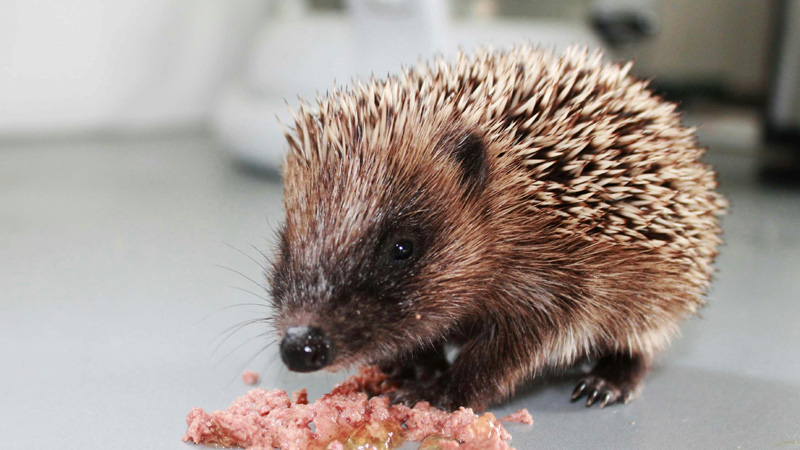
Photo by Leonie Clough on Unsplash
Hedgehogs, with their charming demeanor and endearing appearance, have become increasingly popular as pets in recent years. As responsible caretakers of these delightful creatures, it's essential to provide them with a well-balanced diet that meets their nutritional needs. However, amidst the plethora of food options available, there are certain items that should never find their way into a hedgehog's menu.
In this comprehensive guide, we explore the foods that are off-limits for hedgehogs, shedding light on potential hazards and offering insights into proper dietary management for these beloved pets.
Hedgehog Dietary Requirements
Hedgehogs are small, insectivorous mammals that require a diet rich in protein, fat, fiber, vitamins, and minerals to thrive. In the wild, hedgehogs primarily feed on insects, supplemented with occasional plant matter and small vertebrates. As pets, their dietary needs should be met through a combination of high-quality commercial hedgehog food, live insects, and fresh fruits and vegetables. However, certain foods can pose significant risks to hedgehog health and should be strictly avoided.
Here are 10 Forbidden Foods for Hedgehogs:
- 1. Dairy Products
- 2. Sugary Foods
- 3. Salty Foods
- 4. Fatty Foods
- 5. Citrus Fruits
- 6. Raw Meat
- 7. Caffeinated Beverages
- 8. Avocado
- 9. Nuts and Seeds
- 10. Onions and Garlic
1. Dairy Products
Hedgehogs are lactose intolerant and lack the necessary enzymes to digest lactose, the sugar found in dairy products. Feeding hedgehogs milk, cheese, yogurt, or other dairy items can lead to gastrointestinal upset, including diarrhea, bloating, and abdominal pain. These symptoms can be uncomfortable and potentially harmful to hedgehog health, making dairy products a clear dietary no-no.
2. Sugary Foods
Sugary treats such as candy, chocolate, cookies, and other sweets should be kept far away from hedgehogs. Hedgehogs are not equipped to process large amounts of sugar, and consuming sugary foods can lead to obesity, dental issues, and metabolic disorders. Additionally, chocolate contains theobromine, a compound toxic to hedgehogs and other animals, which can cause severe illness or even death if ingested.
3. Salty Foods
Excessive salt intake can disrupt electrolyte balance and lead to dehydration and other health complications in hedgehogs. Avoid feeding them salty snacks like chips, pretzels, or processed foods, as these can have adverse effects on their well-being. Stick to natural, low-sodium food options to keep hedgehogs happy and healthy.
4. Fatty Foods
While hedgehogs require moderate amounts of fat in their diet, excessively fatty foods can lead to obesity and related health issues. Avoid feeding hedgehogs greasy or fried foods, such as French fries, fried chicken, or fatty cuts of meat. High-fat foods can also contribute to digestive problems and may disrupt the delicate balance of nutrients in hedgehog diets.
5. Citrus Fruits
Citrus fruits like oranges, lemons, and grapefruits are acidic and can irritate hedgehog stomachs. Feeding citrus fruits to hedgehogs may lead to digestive upset, including diarrhea and stomach discomfort. It's best to stick to non-acidic fruits like apples, bananas, berries, and melons, which are safer options for hedgehog consumption.
6. Raw Meat
While hedgehogs are natural predators that consume meat in the wild, raw meat poses potential risks in captivity. Raw meat can harbor harmful bacteria such as Salmonella and E. coli, which can cause food poisoning in hedgehogs and pose health risks to humans as well. Always ensure that meat is cooked thoroughly before offering it to hedgehogs to reduce the risk of bacterial contamination.
7. Caffeinated Beverages
Caffeine is a stimulant that can have adverse effects on hedgehog health. Avoid offering hedgehogs caffeinated beverages such as coffee, tea, or soda, as these can lead to increased heart rate, restlessness, and other symptoms of caffeine toxicity. Stick to plain water as the primary source of hydration for hedgehogs to keep them hydrated and healthy.
8. Avocado
Avocado contains a substance called persin, which is toxic to many animals, including hedgehogs. Ingesting avocado can lead to gastrointestinal distress, respiratory difficulties, and even cardiac arrest in severe cases. It's crucial to keep avocados out of reach of hedgehogs and other pets to prevent accidental ingestion and potential poisoning.
9. Nuts and Seeds
While seeds and nuts are often seen as nutritious snacks for humans, they are not suitable for hedgehogs. These foods can be difficult for hedgehogs to digest and may pose a choking hazard. Additionally, some nuts contain high levels of fat and phosphorus, which can be harmful to hedgehogs if consumed in large quantities.
10. Onions and Garlic
Onions and garlic belong to the allium family of vegetables and can be toxic to hedgehogs when consumed in large quantities. These foods can cause damage to their red blood cells and lead to anemia. It is crucial to avoid feeding your hedgehog any dishes that contain onions, garlic, or related ingredients.
Conclusion
In conclusion, being mindful of what you feed your pet hedgehog is crucial for their health and well-being. By avoiding foods that are toxic, difficult to digest, or high in fat, you can help prevent digestive issues, poisoning, and other health problems in your prickly companion. Providing a balanced diet that includes commercial hedgehog food, insects, lean proteins, and small amounts of fruits and vegetables is key to keeping your hedgehog healthy and happy.
If you have any concerns about your pet hedgehog's diet or health, it is always best to consult with a veterinarian who specializes in exotic animals. They can provide you with personalized advice on the most suitable diet for your hedgehog based on their age, weight, and specific health needs.
You May Also Like
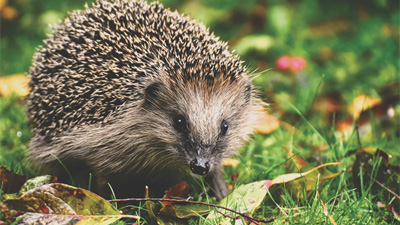 Other PetsWhat Does a Hedgehog Eat?
Other PetsWhat Does a Hedgehog Eat?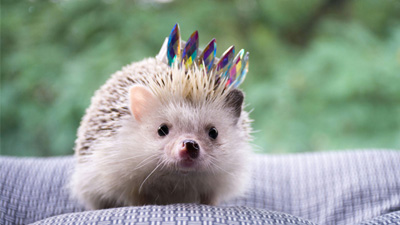 Other PetsHow Long Do Hedgehogs Live as Pets? Average 6-8 Years
Other PetsHow Long Do Hedgehogs Live as Pets? Average 6-8 Years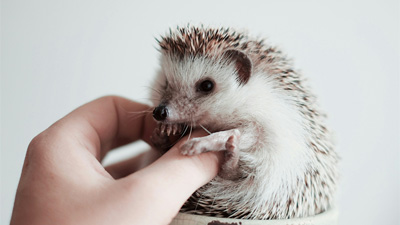 Other PetsCan I Feed My Hedgehog Cat Food? Yes, Occasionally!
Other PetsCan I Feed My Hedgehog Cat Food? Yes, Occasionally!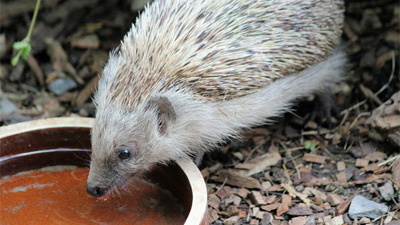 Other PetsWhat Do Hedgehogs Drink? Clean, Filtered Water
Other PetsWhat Do Hedgehogs Drink? Clean, Filtered Water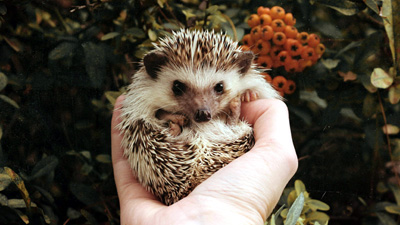 Pet Names60 Good Names for Pet Hedgehogs (with Meaning)
Pet Names60 Good Names for Pet Hedgehogs (with Meaning)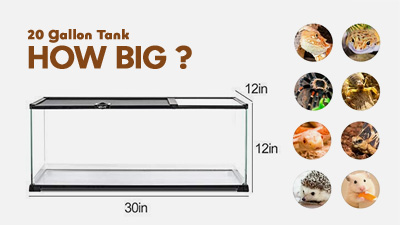 Other PetsHow Big is a 20-Gallon Reptile Tank in Inches?
Other PetsHow Big is a 20-Gallon Reptile Tank in Inches?